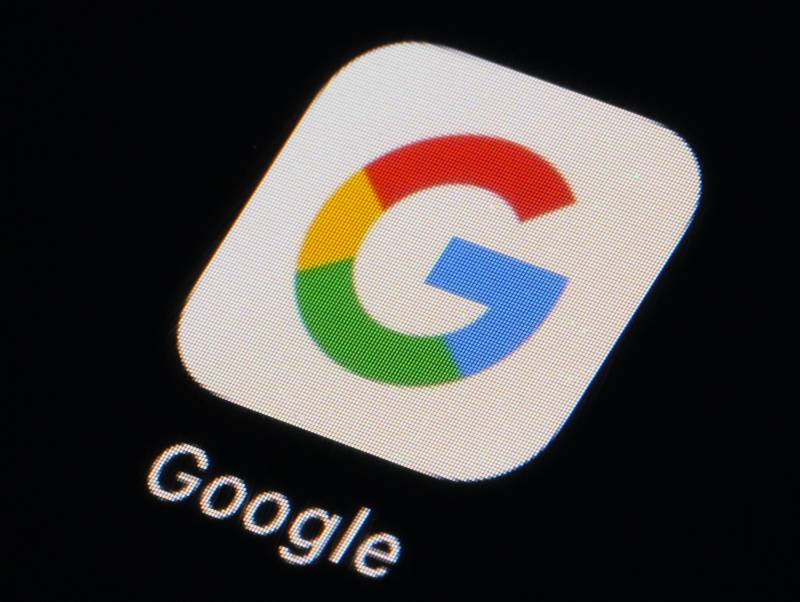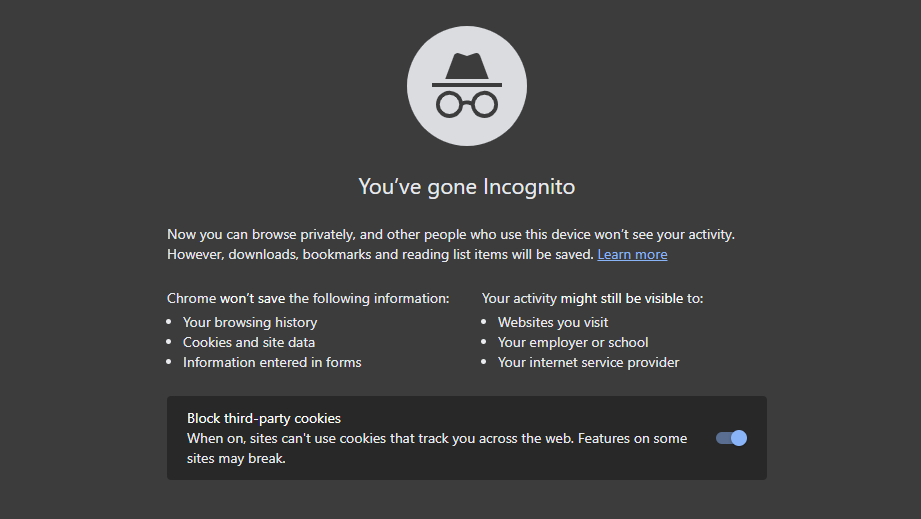Google will destroy the private browsing history of millions of people who used “incognito” mode in its Chrome browser as a part of a settlement filed to federal court on Monday in a case over the company’s secret tracking of web activity.
For years, Google simply informed users of Chrome’s internet browser that “you’ve gone Incognito” and “now you can browse privately” when the supposedly untraceable browsing option was turned on — without saying what bits of data the company had been harvesting.
Yet, according to a 2020 class-action lawsuit, the tech giant continued to scrape searches by hoovering up data about users who browsed the internet in incognito mode, grabbing “potentially embarrassing” searches of millions of people to measure web traffic and sell advertising.
“Google has made itself an unaccountable trove of information so detailed and expansive that George Orwell could never have dreamed it,” wrote lawyer Mark Mao and other plaintiffs’ attorneys who sued the company.
As the suit was pending, Google changed the splash screen of incognito mode to state that websites, employers, schools and internet service providers can view browsing activity in incognito mode. But under the deal, Google will have to state that the company itself can also track browsing during incognito mode.


9(MDAxOTAwOTE4MDEyMTkxMDAzNjczZDljZA004))